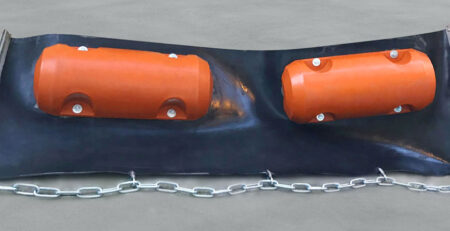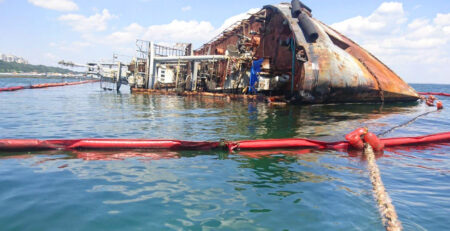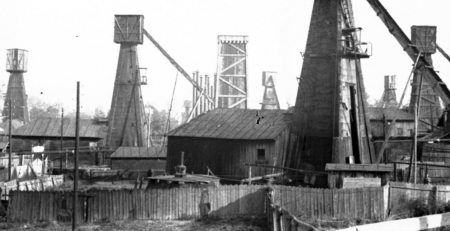Flexible Tanks for Petroleum Products: A Modern Solution for Temporary Storage
In industries where the storage and transportation of liquids are essential, flexible tanks have emerged as a practical alternative to traditional rigid containers. These collapsible tanks, often referred to as pillow tanks or bladder tanks, offer numerous advantages in terms of mobility, cost-effectiveness, and environmental safety.
Design and Construction
Flexible tanks are typically constructed from high-strength polymer fabrics coated with materials such as PVC or polyurethane, providing resistance to a wide range of liquids, including petroleum products. Their design allows them to be folded when empty, facilitating easy transportation and rapid deployment in various locations.
Advantages Over Traditional Storage Solutions
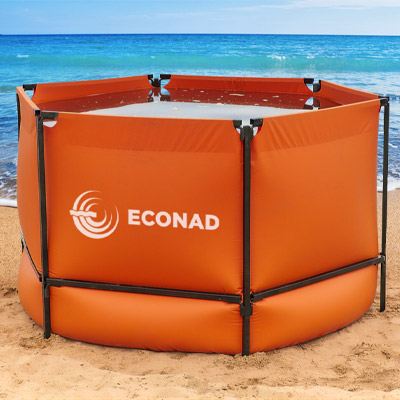
- Portability: Unlike steel tanks, flexible tanks can be transported to remote or hard-to-reach areas with relative ease, making them ideal for field operations and emergency response situations.
- Cost-Effectiveness: The production and maintenance costs of flexible tanks are generally lower than those of rigid tanks, offering a budget-friendly solution without compromising on safety or durability.
- Environmental Safety: Designed to prevent leaks and spills, flexible tanks contribute to environmental protection by minimizing the risk of soil and water contamination.
Considerations for Use
While flexible tanks offer numerous benefits, it is crucial to consider factors such as the chemical compatibility of the stored liquid with the tank material, the environmental conditions of the storage location, and adherence to relevant regulations and standards to ensure safe and effective use.
Applications in Various Industries
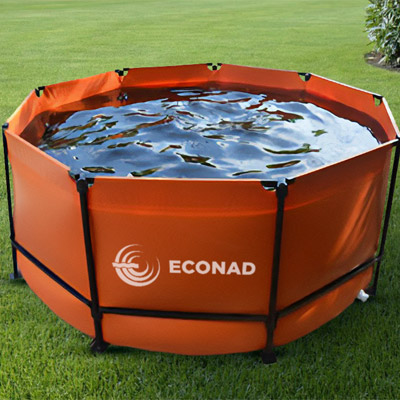
- Military Operations: Flexible tanks are extensively used in military settings for the storage and transportation of fuel and water, supporting logistics in diverse terrains.
- Disaster Relief: In emergency situations, such as natural disasters, these tanks provide a quick and reliable means to store and distribute essential liquids.
- Agriculture: Farmers utilize flexible tanks for the storage of water, fertilizers, and pesticides, enhancing the efficiency of their operations.
Conclusion
Flexible tanks represent a versatile and efficient solution for the temporary storage of petroleum products and other liquids across various industries. Their adaptability, combined with economic and environmental advantages, positions them as a preferred choice in modern liquid storage and transportation needs.
For more information on flexible tanks and their applications, visit ECONAD’s product page.




